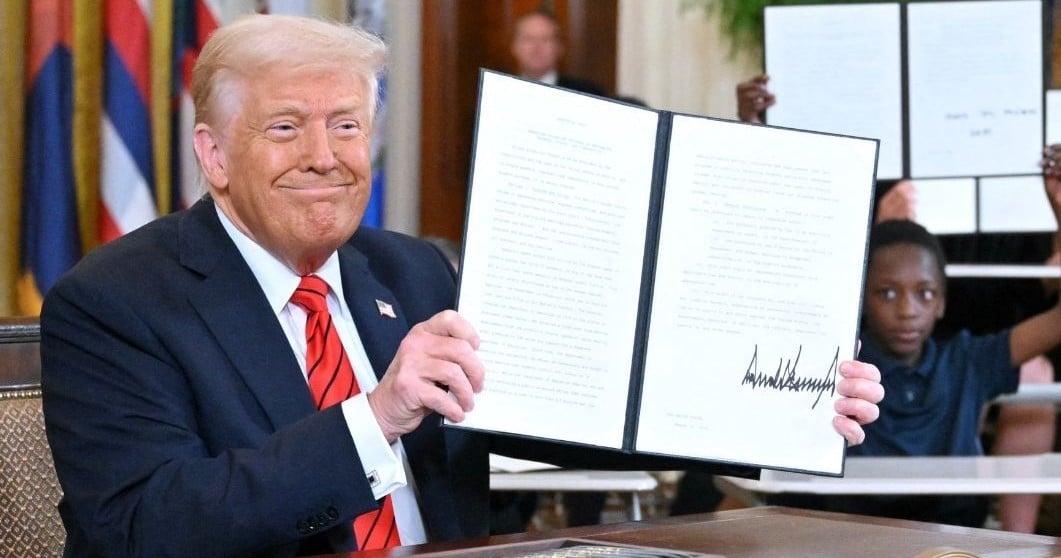On July 7, 2025, a groundbreaking trial began in Boston, where U.S. professors challenged the Trump administration’s immigration policies targeting non-citizen students and faculty for pro-Palestinian advocacy, marking a rare courtroom battle.
The American Association of University Professors, alongside Harvard, Rutgers, and NYU chapters, filed a lawsuit in March 2025 after the arrest of Columbia graduate Mahmoud Khalil for his pro-Palestinian views, per Reuters. The case, before U.S. District Judge William Young, alleges that the State Department and DHS revoked over 300 visas, targeting students like Tufts’ Rumeysa Ozturk, in violation of the First Amendment. The trial, a non-jury proceeding, began July 7.
➡️ Federal trial begins in Boston over Trump’s crackdown on pro-Palestinian foreign students and scholars
◾️ Lawsuit involves five international academics labeled threats by Sec. of State Marco Rubio https://t.co/rulHg5bqwq pic.twitter.com/Rzts8PHVJT
— Anadolu English (@anadoluagency) July 7, 2025Trump’s January 2025 executive orders directed agencies to deport non-citizens with “hateful ideology,” prompting visa cancellations for pro-Palestinian advocates, per The New York Times. Secretary of State Marco Rubio confirmed the revocation of over 300 visas, according to AP News, while DHS’s Kristi Noem defended efforts to target anti-Semitic violence.
Judge Young, an 84-year-old appointee from the Reagan era, described the case as a crucial free speech issue, highlighting its intent to “intimidate” protected speech, according to The Boston Globe. The Trump administration, represented by DHS spokesperson Tricia McLaughlin, denies having a formal deportation policy; however, plaintiffs point to arrests as evidence of its existence. Academics and students, with 60% in support of campus protests, are rallying against the policy, which has sparked debates on academic freedom and immigration.
Read: Trump Slams Musk’s America Party as ‘Ridiculous’
The lawsuit, impacting 330 million Americans and 4 million international students, challenges Trump’s immigration agenda, with 70% of U.S. universities reporting protest restrictions. The trial’s outcome could set a precedent for First Amendment protections, shaping academic and immigration policy in a $1 trillion education sector.






